Amid shortages, can Switzerland stay Europe’s ‘water tower’?
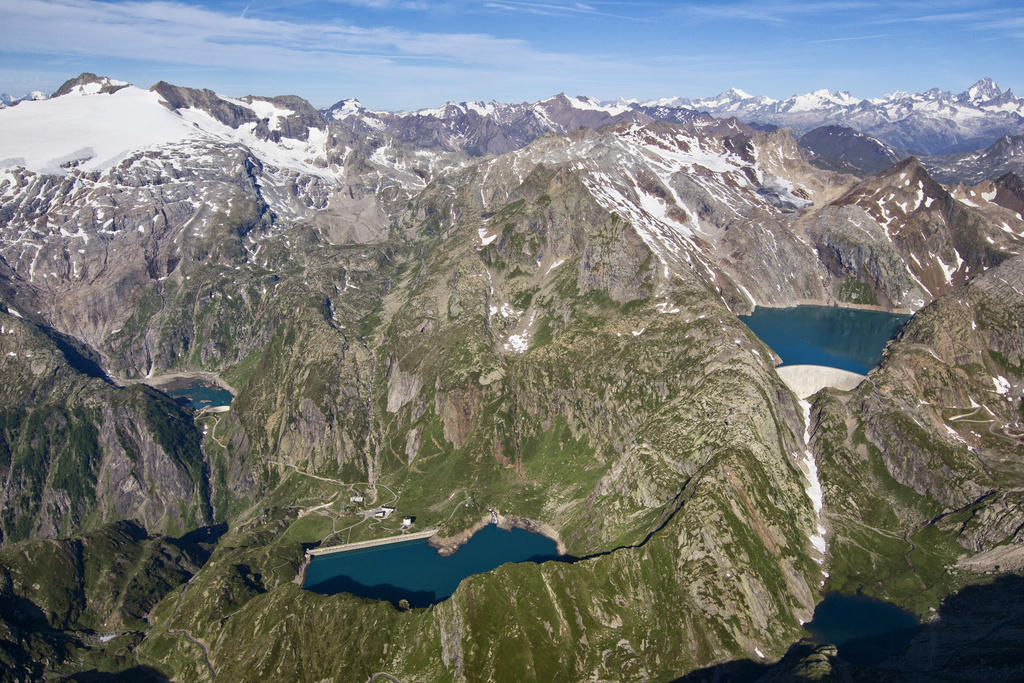
A village in western Switzerland has banned the construction of new houses because there is not enough drinking water to go around. A water supply expert calls this an “intelligent” decision that other communities should follow.
With its 1,500 lakes, 890 square kilometres of glaciers and countless rivers and streams, Switzerland should have no water supply problems. But in some places, inhabitants and farmers are regularly confronted with water shortages. This phenomenon will increase as a result of climate change and the predicted reduction in summer rainfall, researchers say.
A lack of drinking water has forced the small municipality of Enges in canton Neuchâtel, with its 270 inhabitants, to take precautions. In mid-April, the authorities decided to block a housing project for 140 people and to ban the construction of new houses for at least two years.
Enges is a few kilometres away from Lake Neuchâtel, Switzerland’s largest inland lake, as well as Lake Biel. But the municipality has only one source of water: a well, which is barely sufficient to meet current demands due to droughts over recent years. Enges can count on additional water from neighbouring communities, but these are also in difficulty in summer and autumn.
The municipality has made an “intelligent choice”, said Raffaele Domeniconi of the Swiss Gas and Water Association (SVGW).
“In Switzerland, we are lucky to have plenty of water. However, groundwater is facing increasing pressure due to intensive agriculture and the expansion of construction activities.”
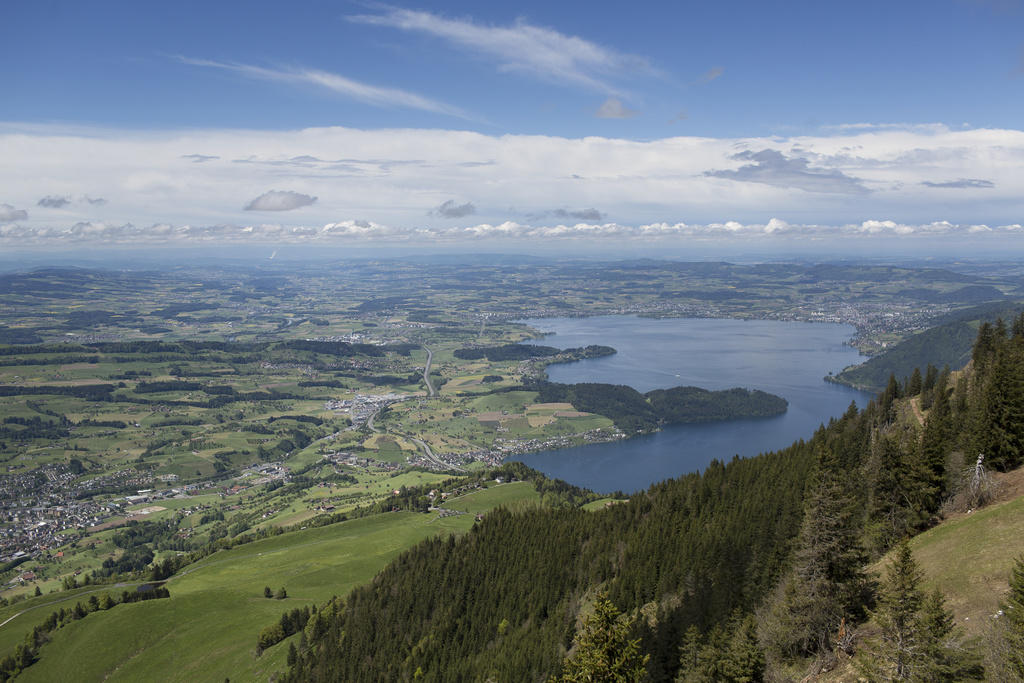
“In Switzerland, more than a third of the water extracted from the soil can be drunk untreated. However, if we do not protect water sources, many of them could become unusable in the future,” he added.
Enges is not the only Swiss community to face water supply problems. To preserve drinking water supplies in future, Domeniconi advocates taking urgent action. He recommends expanding the network of water pipes as inhabited areas grow, linking pipe networks between communities or tapping into new water sources.
Switzerland holds about 5% of the freshwater reserves of the European continent. Around 40% of the drinking water comes from natural springs or wells, another 40% from large underground groundwater reserves and the remaining 20% from surface water reservoirs, mainly lakes.
Source: Swiss Academy of Sciences
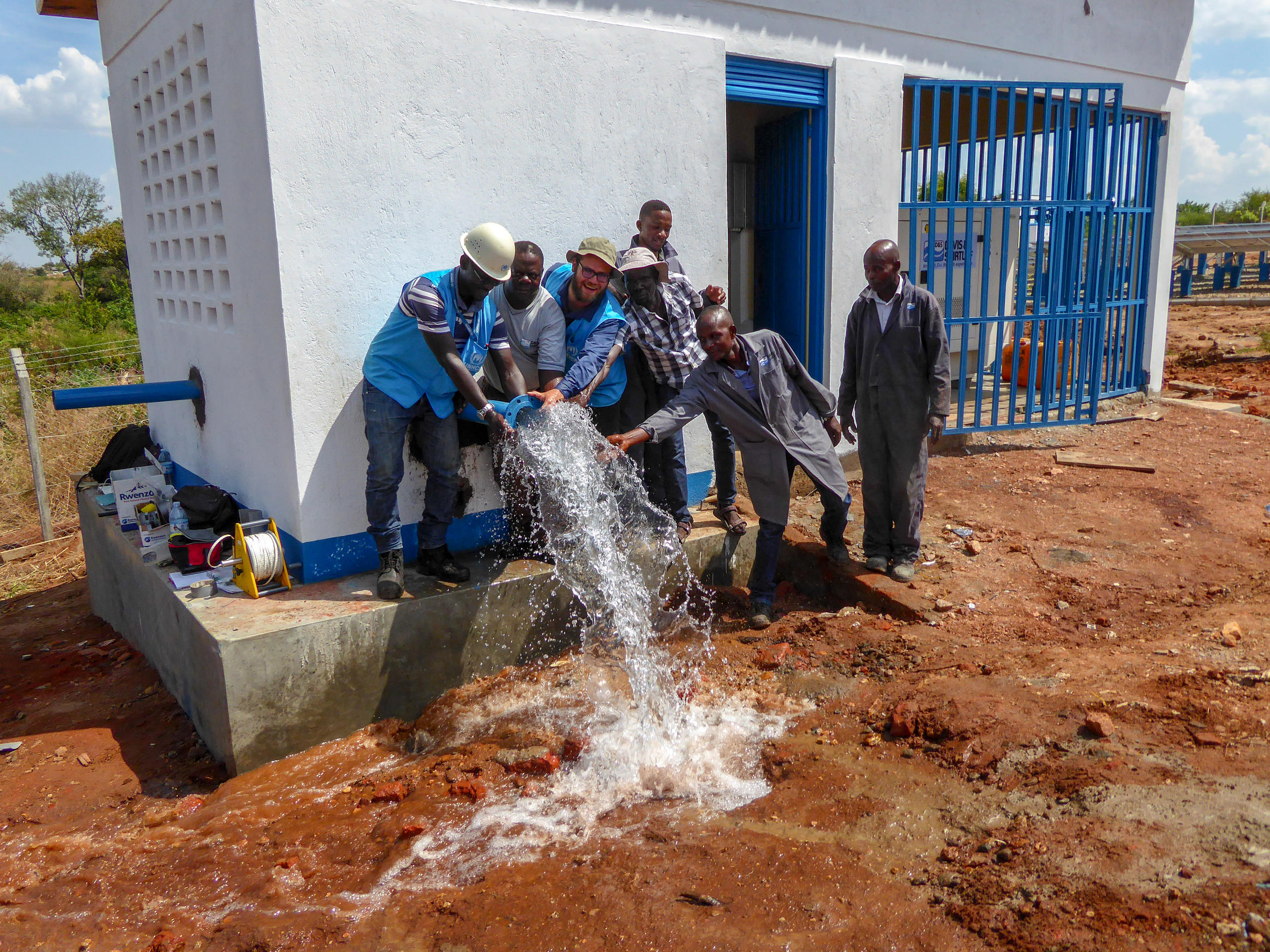
More
Swiss project gets water flowing to massive refugee camp
Translated by Matthew Allen

In compliance with the JTI standards
More: SWI swissinfo.ch certified by the Journalism Trust Initiative

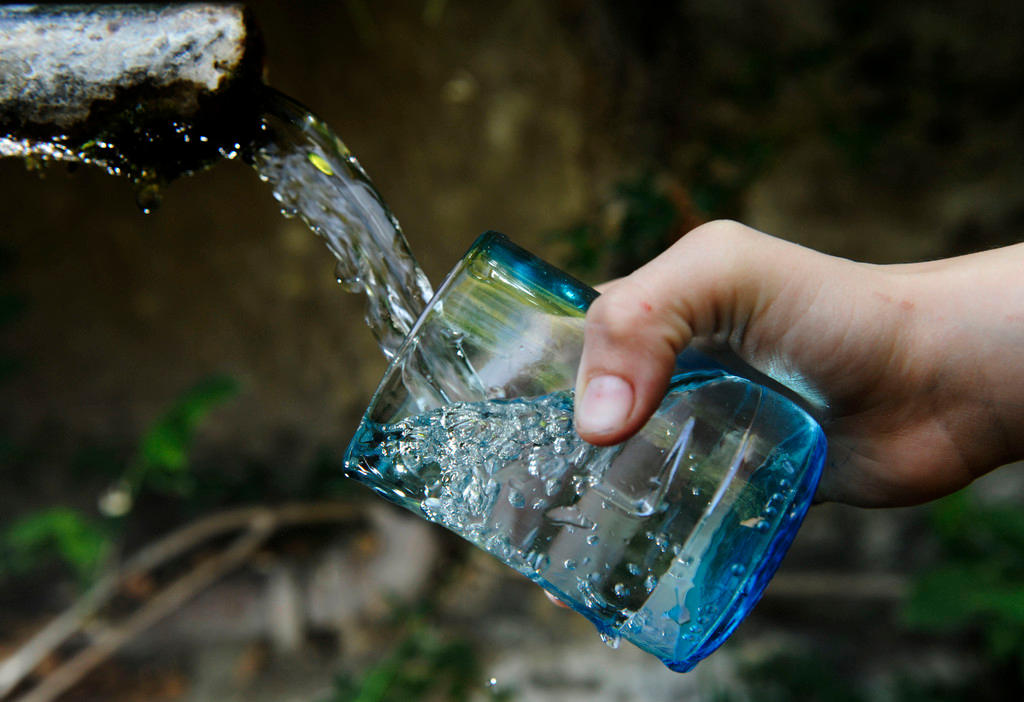
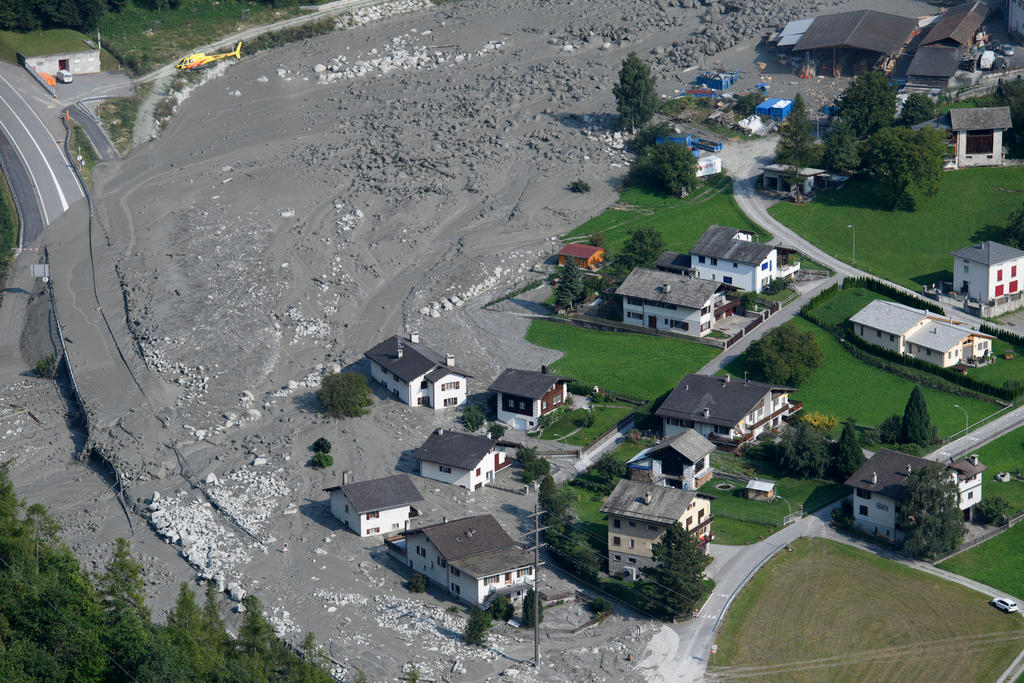
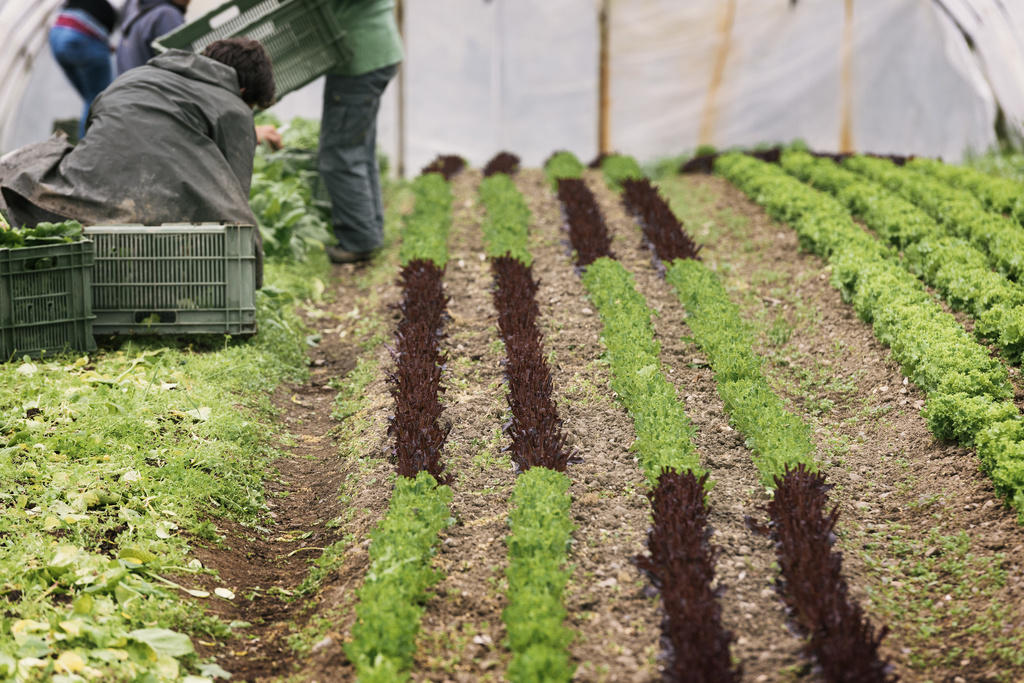
You can find an overview of ongoing debates with our journalists here. Please join us!
If you want to start a conversation about a topic raised in this article or want to report factual errors, email us at english@swissinfo.ch.